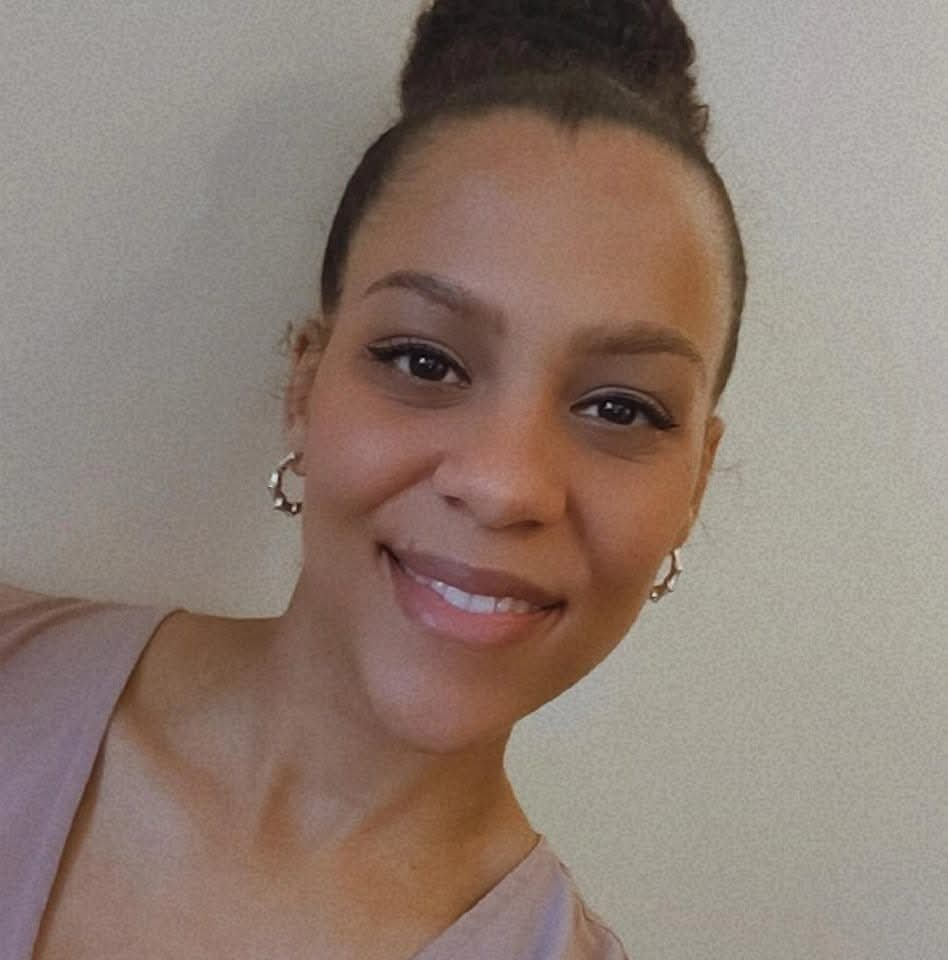Buying Your First Car – A Brief Guide
- Nicole Davies
- Aug 10
- 3 min read
Updated: Oct 10
Buying your first car is one of those exciting milestones you never forget! However, let’s be honest, it can also be a bit nerve-wracking. With so many options, prices, and things to think about, it’s easy to feel overwhelmed.
Whether you’re a new driver or a parent helping your learner choose their first set of wheels, this quick guide will walk you through the key things to look out for so you can buy with confidence.
Your First Car: A Journey Begins
1. Set Your Budget (and Stick to It!)
Before you even start browsing, decide how much you can realistically spend — and remember to factor in more than just the purchase price. Your budget should also cover:
Insurance (this can be higher for new drivers)
Road Tax
MOT & Servicing
Fuel
Accessories you might need, like L-plates, breakdown kits, or extra mirrors.
2. New or Used?
Most first-time drivers go for a used car because it’s more affordable and often cheaper to insure. But whether you choose new or used, weigh up the pros and cons:
New Car
✅ Reliable and under warranty
✅ Latest safety features
❌ Higher price & insurance costs
Used Car
✅ Lower cost & insurance
✅ More choice within budget
❌ More wear & tear, check history carefully
3. Keep It Small and Sensible
A smaller car with a modest engine size (usually under 1.4 litres) is cheaper to run, easier to park, and generally more forgiving for new drivers. Popular first cars often include models like the VW Polo, Ford Fiesta, Vauxhall Corsa, Fiat 500, and Hyundai i10 — but always check insurance group ratings before you commit.
4. Check the Vehicle’s History
If you’re buying used, don’t skip this step! A quick online history check will tell you if the car:
Has outstanding finance
Has been written off in the past
Matches its MOT history
It’s worth the small fee for peace of mind.
5. Take It for a Test Drive
Never buy without driving it first! Check how it feels to drive, whether the clutch and brakes are responsive, and if you feel comfortable behind the wheel. If you’re a learner and can’t legally drive it yourself, ask your supervising driver or a trusted friend to take it out while you ride along.
6. Don’t Forget the Essentials
Once you’ve found your perfect first car, make sure you’ve got everything you need to hit the road safely and legally:
Insurance — I can arrange provisional cover with my exclusive affiliate discounts.
L-plates — I’ve got high-quality, road-legal ones ready to order.
Accessories — like blind spot mirrors, a breakdown kit, and a phone holder for safe navigation.
7. Understanding Financing Options
When it comes to buying your first car, understanding financing options is crucial. You might consider saving up for a few months or looking into loans. If you choose to finance, make sure you understand the terms.
8. The Importance of Research
Research is key! Spend some time looking into different makes and models. Read reviews and ask friends or family about their experiences. This will help you feel more informed and confident in your decision.
9. The Emotional Side of Buying a Car
Buying your first car is not just a financial decision; it’s an emotional one too! It’s about freedom and independence. You’ll be able to explore new places and make memories. Embrace the excitement!
Final Thoughts
Your first car doesn’t have to be the flashiest or the fastest. It just needs to be safe, reliable, and affordable for your needs. If you’d like help finding the right insurance, getting L-plates or accessories, or understanding what to look for in a first car, I’m here to help.
📩 Get in touch today and I’ll send you my First Car Buyer’s Checklist — a handy, printable list of everything to check before you buy, so you can head to the showroom or forecourt feeling confident and prepared.
Let's Talk
07551 104 887




